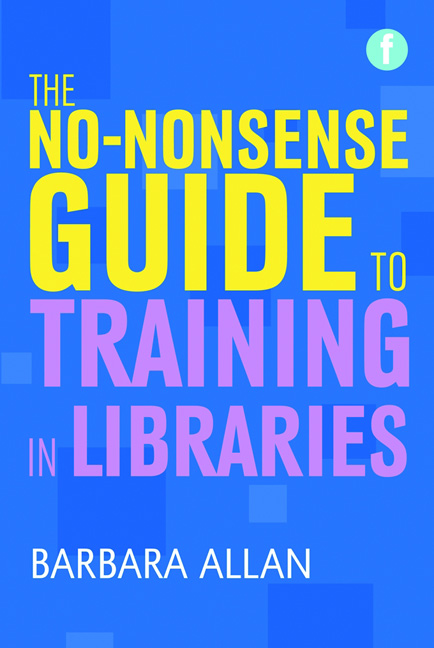8 - Learning and development in the workplace
from Part 2 - Learning in the workplace
Published online by Cambridge University Press: 08 June 2018
Summary
Introduction
This chapter provides a brief introduction to over 90 ideas for workplace learning. Many of these ideas may be used either as part of a training programme or as standalone activities to promote individual or team learning. The chapter does not include any tips for trainers, as its aim is to provide a general overview of different approaches to learning and development in the workplace.
The concept of workplace learning received a boost through the rise in popularity of the 70:20:10 model of development, which is described in Chapter 2. The basic idea behind the 70:20:10 framework is that 70% of learning takes place in the workplace through dealing with challenging activities; 20% of learning involves learning from colleagues; and 10% is based on courses and reading.
The topics in this chapter are organized alphabetically and provide busy trainers and managers with more than 90 ideas for workplace learning. Where appropriate, ideas are cross-referenced to relevant chapters earlier in the book.
Many of the ideas presented here are relevant to trainers who want to keep their knowledge and skills up to date. My own approach is to read professional journals, keep an eye on my favourite blogs (see Blogs below), attend an occasional conference (often online) or webinar, engage in challenging projects and talk to practitioners and delegates who attend my training events.
Example 8.1 Keeping training relevant and up to date – the perspective of an independent trainer
As an external trainer, I always want my training to be up to date and relevant. I have a number of ways in which I keep abreast of changing training needs, and of research and other factors that impact on the content of courses. I regularly speak to practitioners working in the library and education fields. I subscribe to a number of online and print journals, and keep an eye on a range of blogs. Email-based discussion forums, Twitter and Facebook alert me to current concerns, new issues and research. When I am planning training I spend a lot of time talking with the training organiser about needs within the organisation. Comments by delegates during courses often alert me to new issues.
- Type
- Chapter
- Information
- The No-nonsense Guide to Training in Libraries , pp. 153 - 208Publisher: FacetPrint publication year: 2013



